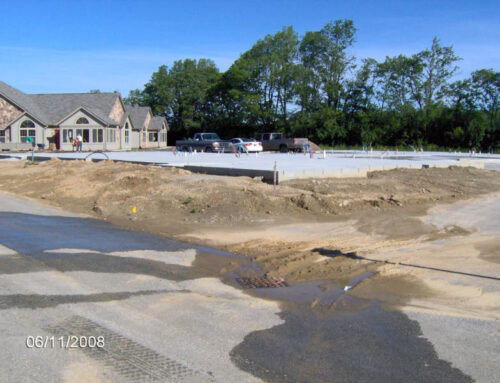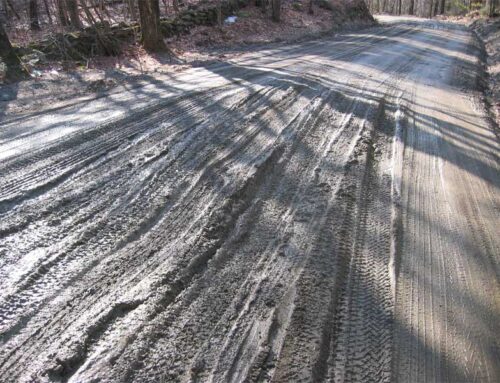The Environmental Protection Agency (EPA) has declared Sept. 16-20, 2019 SepticSmart Week! While the City of Indianapolis continues to work to extend sanitary sewer systems many of us (approximately 17,000 homes) all over the county are still depending on septic systems to treat our wastewater. Because they are invisibly functioning underground, we often forget about them until we have a problem such as a backup or a bleedout. The SepticSmart program educates homeowners about proper septic system care and maintenance throughout the year.
The Marion County Health Department & the Soil & Water Conservation District collaborated to also provide a booklet on septic system maintenance specific for our county.
The Northwest Indiana Septic System Coordination Work Group, comprising federal, State, and local governments and agencies, State and county health departments, not-for-profit groups, and interested individuals, suggests these tips for maintaining a functioning septic system:
- Protect It and Inspect It: Homeowners should generally have their system inspected every three years by a licensed contractor, and have their tank pumped when necessary, typically every three to five years. Many septic system failures occur during the winter holiday season; therefore, EPA encourages homeowners to get their septic systems inspected and serviced now before licensed inspectors’ schedules fill up around the holidays. Homeowners and businesses can contact the Indiana Onsite Wastewater Professionals Association for information on Certified Professional Inspectors in their region.
- Think at the Sink: Avoid pouring fats, grease and solids down the drain. These substances can clog a system’s pipes and drain field.
- Don’t Overload the Commode: Only put things in the drain or toilet that belong there. For example, coffee grounds, dental floss, disposable diapers and wipes, feminine hygiene products, cigarette butts and cat litter don’t — they can clog and potentially damage septic systems.
- Don’t Strain Your Drain: Be water efficient and spread out water use. Fix plumbing leaks and install faucet aerators and water-efficient products. Spread out laundry and dishwasher loads throughout the day — too much water at once can overload a system that hasn’t been pumped recently.
- Shield Your Field: Remind guests not to park or drive on a system’s drain field, where the vehicle’s weight could damage buried pipes or disrupt underground flow.







